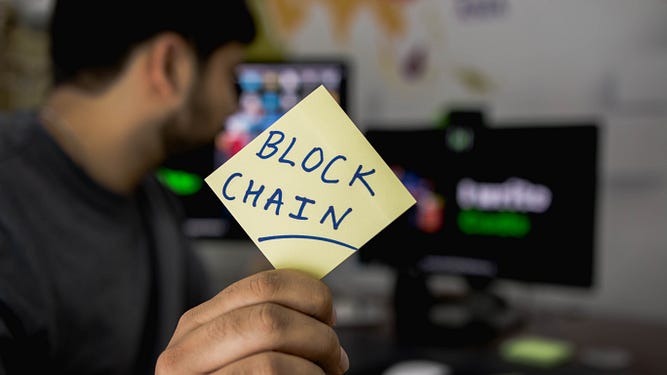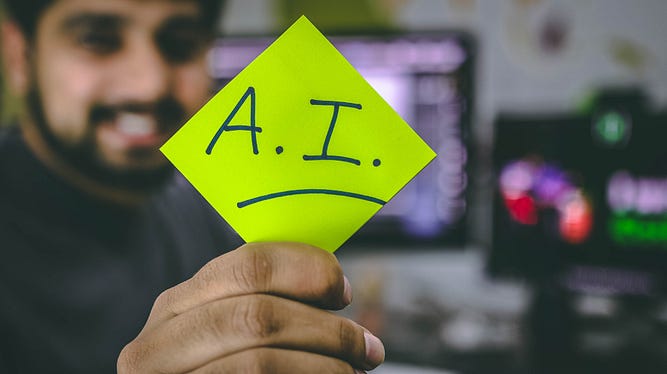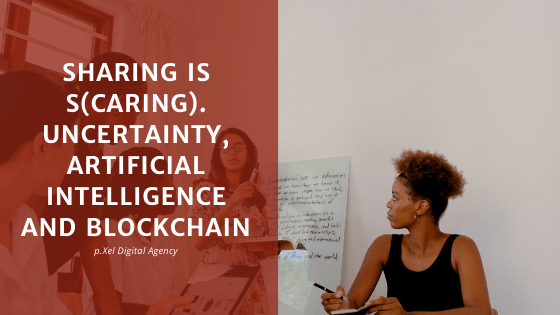
This week I’ve learned more about what blockchain has to offer when it comes to data and confidentiality. CMS has organized an amazing conference regarding the impact of new technologies on data privacy and consent. Professionals from Facebook and Microsoft were brought to clarify the legal aspects of data privacy.
It has been an amazing journey filled with exceptional professionals and latest insights about the status of the circular economy and its consequences about our privacy. Questions such as how can we decide what data to share or not, how legislation in each country affects initiatives such as Airbnb and a lot more interesting facts have been discussed during the conference.
Blockchain was the central topic during the first part of the morning. Let’s say defenders of blockchain confirm that math has a big role in this discussion and that cryptography is used to establish integrity based on math. So whereas people make decisions based on instinct machines make decisions based on certain techniques or logical decisions. Nevertheless, there is a group more sceptical regarding innovations in data privacy. A reason could be that people do not feel comfortable when tech becomes complex and they try to find a balance between privacy and the society’s agreement.
Innovation in blockchain gives space to an open environment on a global scale. Although scaring to share information at such a large scale, blockchain has proved to be less easy to breach compared to current information systems whose likelihood of being breached is higher. There is always present the human factor whose participation can affect that interaction negatively. This is the part where politicians and lawyers come into place to ensure data is protected in en ethical way.

There are a lot of opportunities for the use of blockchain and artificial intelligence in the public sector. Before starting adopting new technologies scale and pace of change must be considered. Microsoft has been taking more steps and developed its system to approach artificial intelligence ethically based on six principles: fairness, reliability, security, inclusive, transparent and accountable. More information can be found at aether.microsoft.com.
Organizations from both public and private sector are making incredible efforts towards ethical AI. This is possible because there is a lot of interest in using AI for good from improving accessibility to health and work. To start implementing AI, multidisciplinary teams must be created, better education is needed and a clear vision about the use of AI. Therefore, there must be a continuous collaboration between artificial intelligence and stakeholders and find a methodology to ask the right questions.
As a conclusion, an increasing amount academics, lawyers, and tech professionals are discussing how to make better use of technologies such as blockchain and AI in the corporate governance context and how these technologies could engage all stakeholders engagement and how to tackle the challenges the implementing new technological solutions bring.




